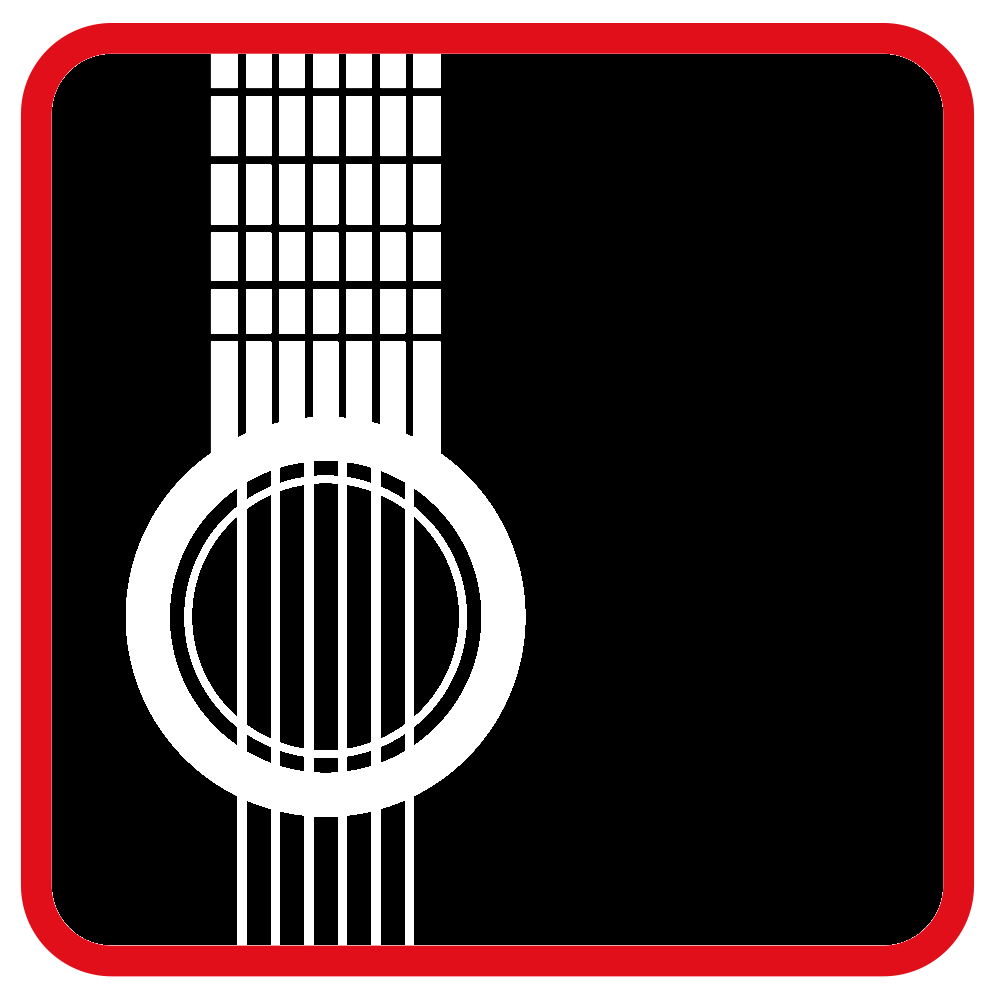Classical guitarists are some of the most, if not, the most technically and musically accomplished guitarists out there. Though, they are almost always relegated to a dark, mysterious corner of the guitar world. Guitarists in the know might revere these technical wizards and stand in awe at the almost incomprehensible ability to play full solo works with their fingers. The general public, however, has mostly never heard of classical guitar or think of guitarists playing Mozart or Bach. Most guitarists see the word “classical” and immediately think “boring!” They might think that they could never learn to play like a classical guitarist and that it requires years of practice and study. My goal is to take the art of playing classical guitar out of the realm of the esoteric and put the useful knowledge into the hands of every guitarist. Once a player has the technical tools and knowledge available to a classical guitarist, then a whole world of possibility opens and almost any guitar challenge can be conquered. If you have a strong foundation of techniques and knowledge from the classical guitar, then you will be able to play and understand almost any music.
The idea of classical guitar is not to play classical music but to approach the playing of any piece with a full range of knowledge and techniques of the fretboard and fingers.
The term “classical guitar” encompasses much more than a guitarists who plays classical music. It is more accurate to describe it as a certain approach to playing and learning music for the guitar. The classical guitar repertoire has grown to include all sorts of styles from straight classical to jazz, Brazilian, Flamenco, African, and modern pop music. The idea of classical guitar is not to play classical music but to approach the playing of any piece with a full range of knowledge and techniques of the fretboard and fingers. Songs of the Beatles or even Adele are not off limits and the classical guitarist will often arrange and play these tunes for various occasions. What the classical guitarists does with these tunes is where they differentiate themselves and shine. Chords, harmonies, and self-accompaniment fill out the sound for a soloist, and the techniques to play multiple parts at the same time give the classical guitarist the self-sufficiency that almost no other style enjoys.
This blog will go over various techniques and knowledge parsed from the classical guitar literature to give you the strong foundation from which to tackle any guitar challenge from any style of playing. You will not become a classical guitarist from these lessons, but you will learn the essentials from the classical guitar and be able to apply them to any style and genre of your choosing (including classical, if you wish).
Skills you will learn from the classical guitar method:
- how to practice
- sight reading
- fretboard knowledge
- music reading
- unique chord voicings
- how to accompany yourself
- playing multiple parts at the same time
- good tone production
- fingerstyle right hand technique
- ergonomic playing
- how to play musically
- theory applied to the fretboard
- music history and style
- expanded repertoire
- how to bring out a multitude of different sounds and timbres from the instrument
